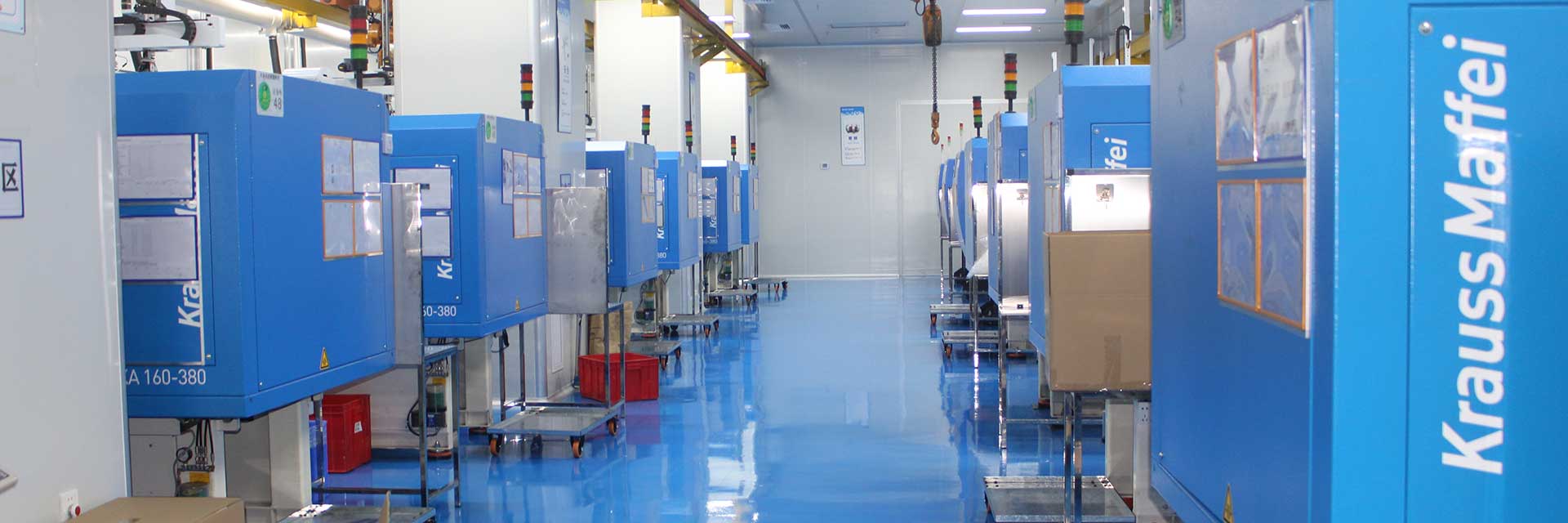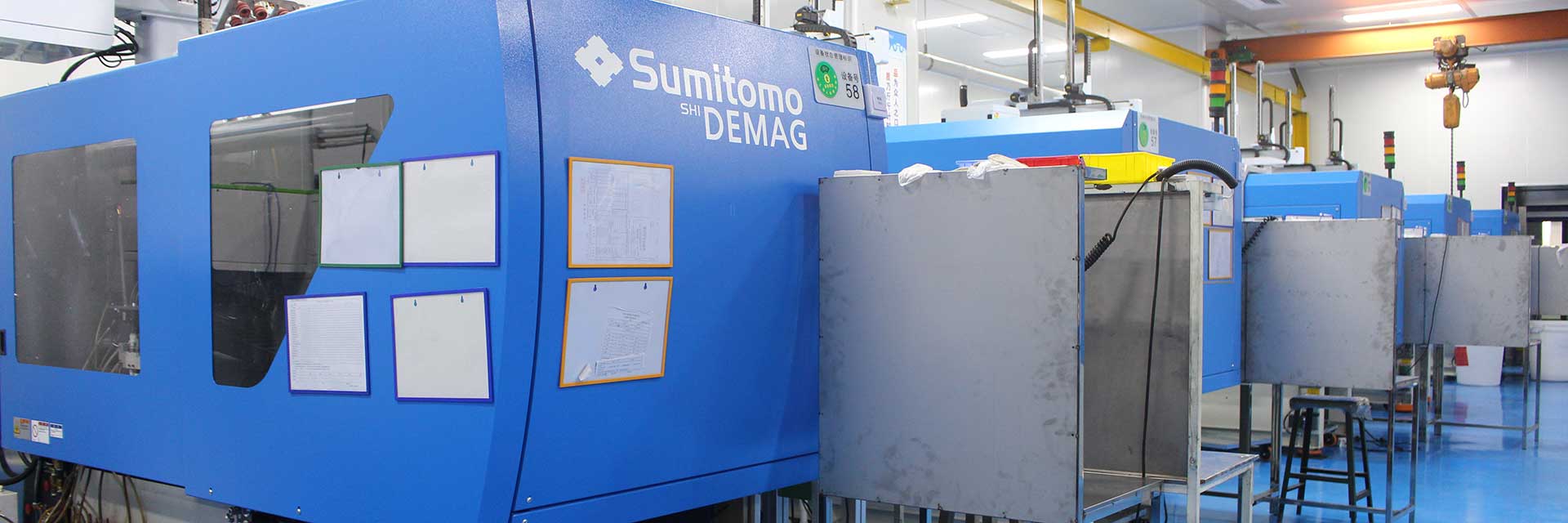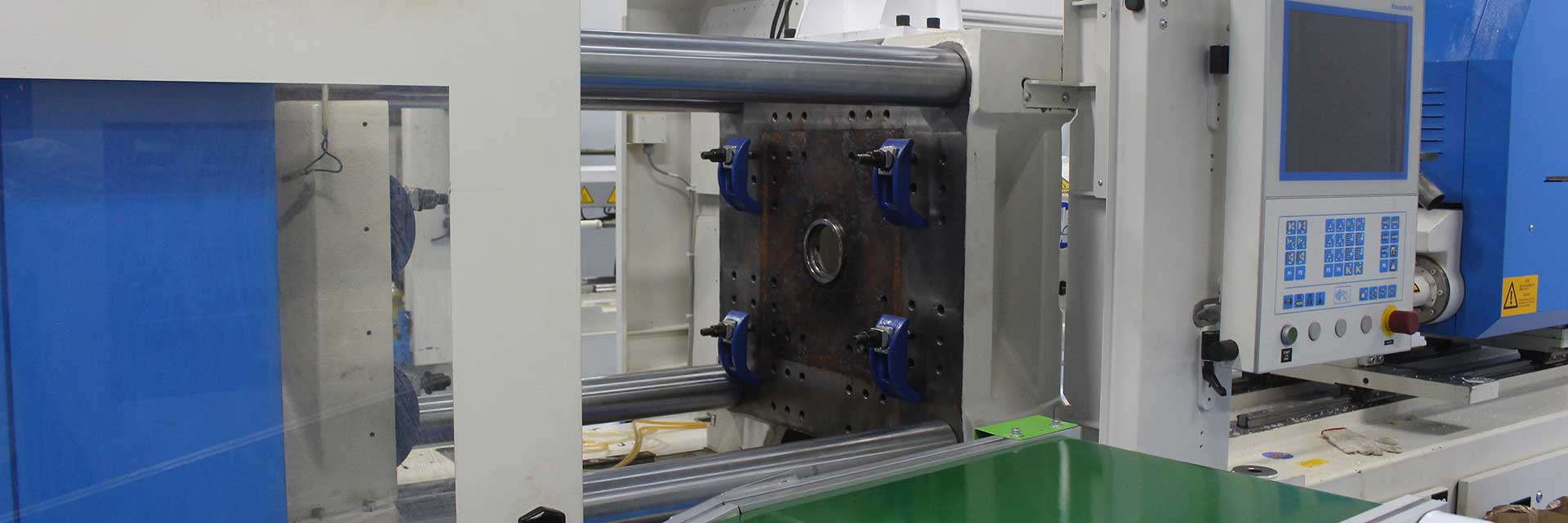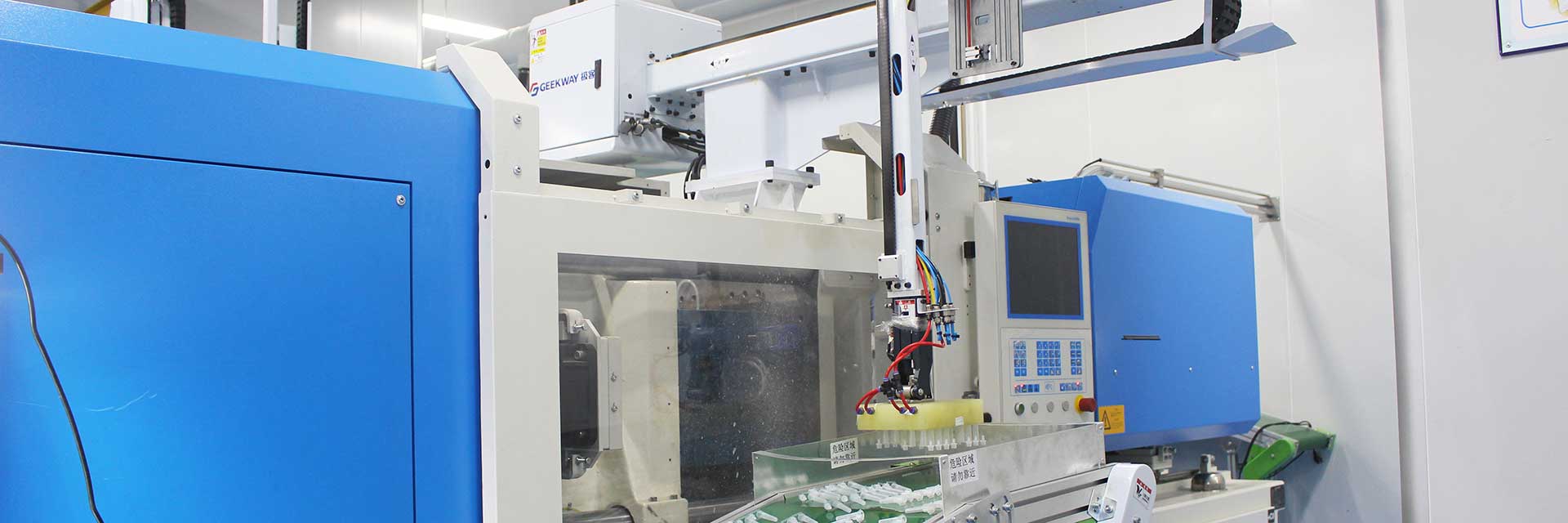In the plastics industry, quality control is essential for generating reliable, high-quality goods. It entails a series of tests, inspections, and processes to ensure that every component meets the required standards.
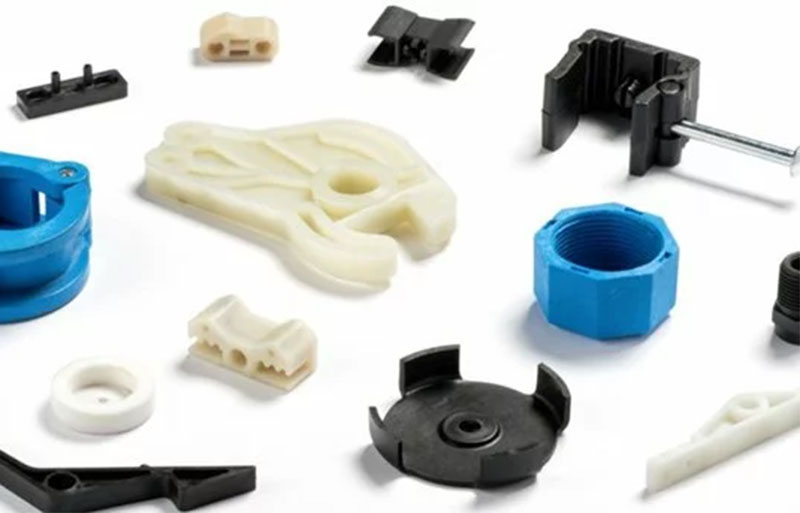
Material Quality and Consistency Checks
Testing plastic materials for characteristics like tensile strength, color consistency, and melt flow index guarantees that the material will fulfill end-use criteria and behave reliably during manufacturing. This stage is to avoid problems with the finished product, such as brittleness, warping, or failure under stress.
Process Parameters Control
Controlling the parameters of the molding process is for ensuring quality in the production of plastic parts. This entails monitoring the injection pressure, mold temperature, cooling period, and cycle time to ensure that no component is created with flaws like sink marks, warpages, short shots, or burns.
To guarantee that every plastic part meets stringent quality standards, automated process monitoring systems can assist in maintaining these parameters consistently during each production cycle.
Quality Assurance Testing
Completed plastic parts must undergo extensive quality assurance testing to ensure that they meet all criteria and standards. The structural integrity, dimensions, and performance characteristics of the parts are verified using testing techniques such as mechanical testing, dimensional analysis, and environmental testing.
Before releasing plastic products into the market, manufacturers can ensure that they are reliable and functional through comprehensive quality assurance testing.

